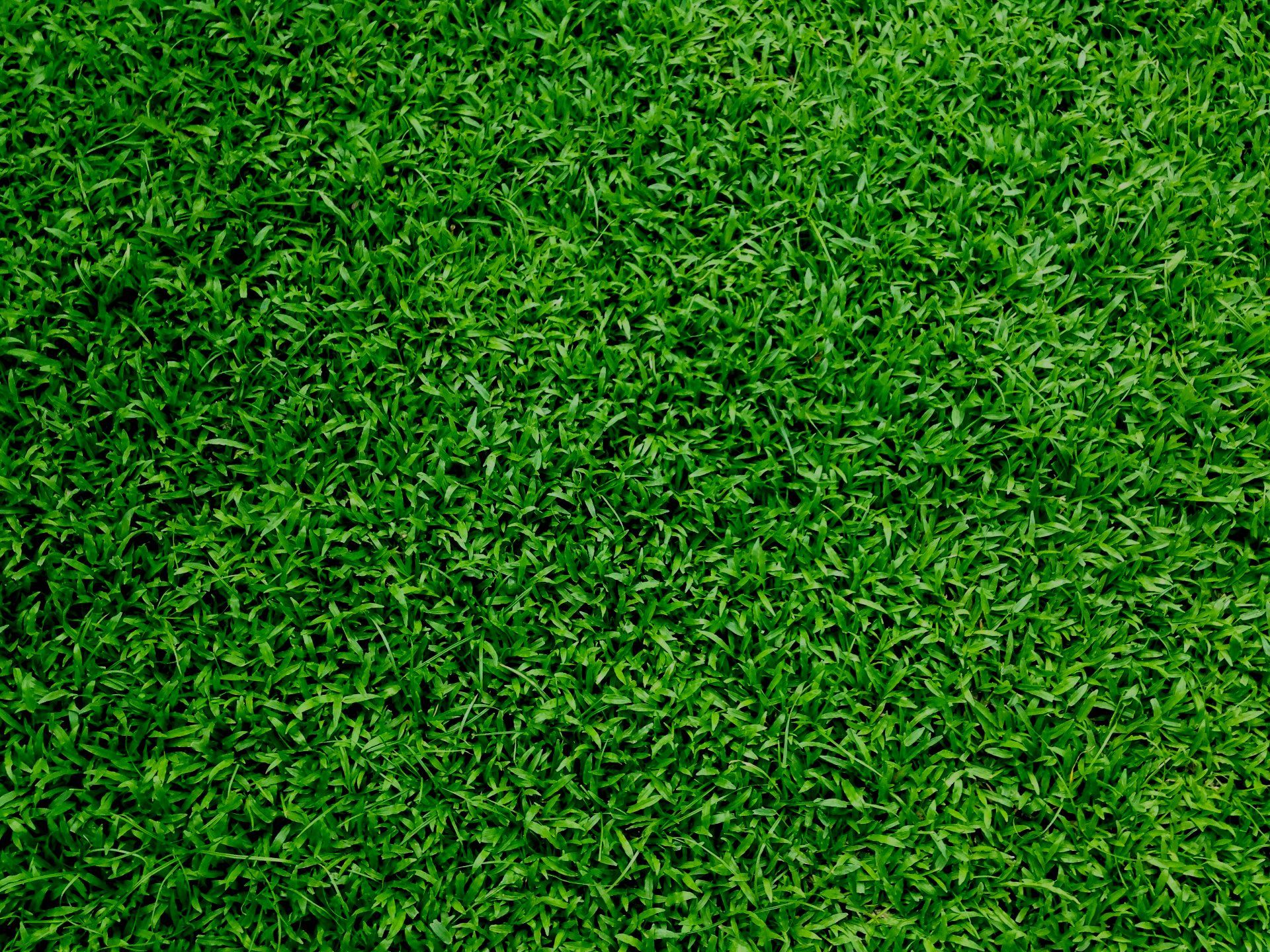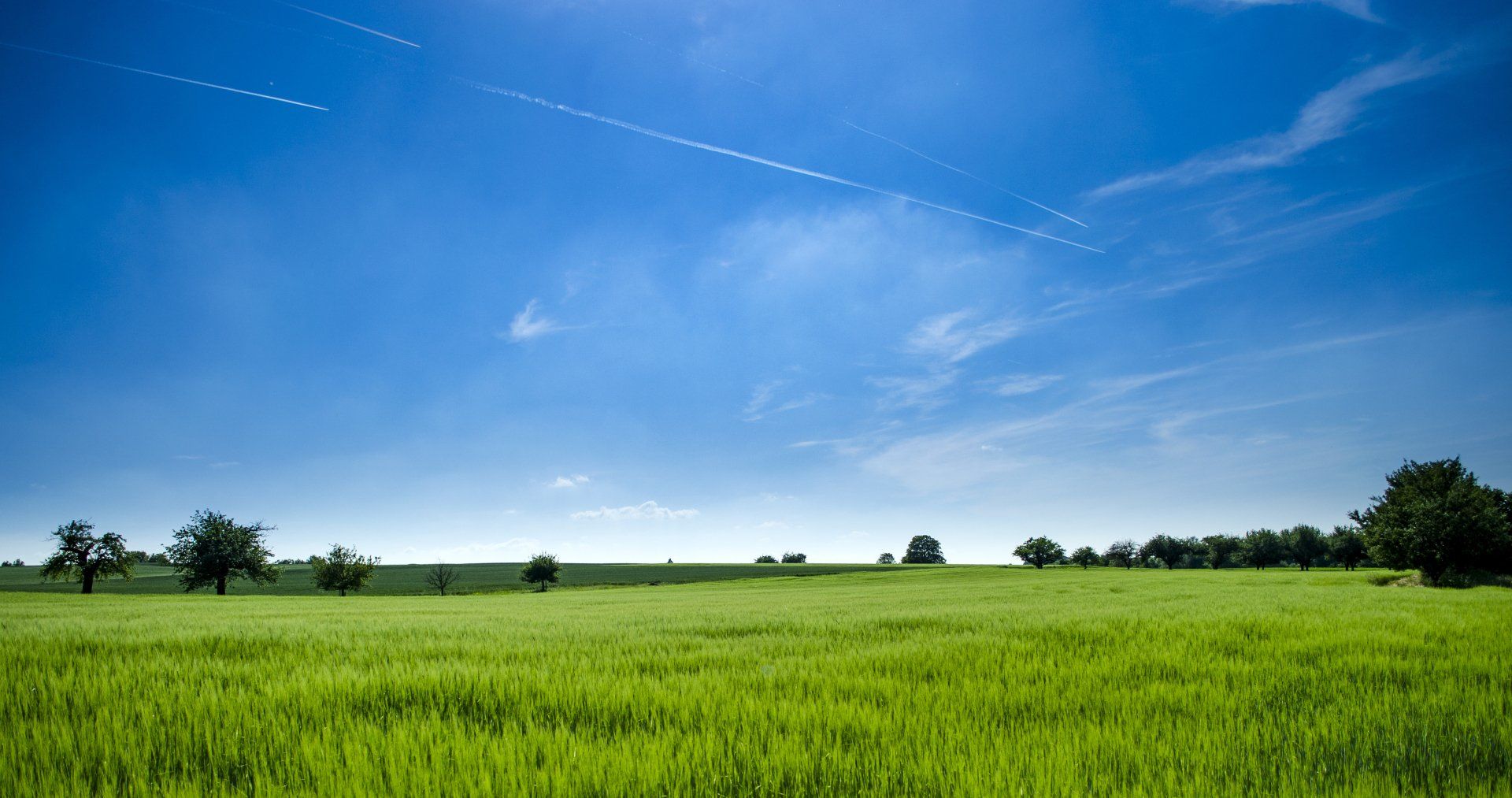Why every Floridian Should Care About Lawn Irrigation
Why should I care?
Maintaining a vibrant, healthy lawn in Florida isn't just about aesthetics—it's about preserving the environment, conserving water, and ensuring the well-being of your property. Here's why every Floridian should care about lawn irrigation. For homeowners in Florida, where hot and humid conditions prevail, choosing not to utilize irrigation for your lawn can have significant repercussions.
Why Use Irrigation?
- Healthy and Lush Lawn: Proper irrigation ensures that your lawn receives the right amount of water, promoting healthy grass growth and maintaining a lush, green appearance throughout the year.
- Increased Property Value: A well-maintained lawn adds curb appeal to your property, increasing its value and attractiveness to potential buyers if you decide to sell your home in the future.
- Enjoyable Outdoor Space: With a well-irrigated lawn, you can create an inviting outdoor space for relaxation, recreation, and social gatherings, where you and your family can enjoy spending time together.
- Enhanced Landscape Aesthetics: Irrigation supports the growth of ornamental plants, flowers, and shrubs, enhancing the beauty and aesthetics of your landscape design and contributing to a more visually appealing outdoor environment.
- Personal Satisfaction: Watching your lawn thrive and flourish with proper irrigation can provide a sense of satisfaction and pride as a homeowner, knowing that you are caring for your property and creating a welcoming outdoor space for yourself and others to enjoy.
- Cooler Outdoor Temperatures: Green vegetation created by irrigation helps cool the surrounding environment, reducing heat buildup and creating a more comfortable outdoor living environment, especially during hot summer months.
- Wildlife Habitat: A well-irrigated lawn attracts birds, insects, and other wildlife, providing habitat and food sources for local biodiversity and contributing to the overall health of the ecosystem in your backyard.
- Erosion Prevention: Proper irrigation helps prevent soil erosion by promoting healthy root growth and vegetation cover, stabilizing the soil and reducing the risk of erosion during heavy rainfall or storm events.
- Safe and Fun Play Area: With a healthy, well-irrigated lawn, you can create a safe and enjoyable play area for children and pets, where they can run, play, and explore without concern for uneven terrain or dry, patchy grass.
- Quality Family Time: Maintaining your lawn through regular irrigation can become a shared family activity, allowing you to spend quality time together outdoors, bonding over gardening tasks and enjoying the beauty of nature right in your own backyard.
What Will Happen If I Don't Want To Use Irrigation?
- Drought Stress: Florida's climate is characterized by periods of intense heat and sporadic rainfall, leaving lawns vulnerable to drought stress. Without irrigation, your grass may struggle to survive during extended dry spells, resulting in brown, wilted turf and increased susceptibility to damage from pests and diseases.
- Patchy and Sparse Growth: Inconsistencies in rainfall distribution can lead to patchy and uneven grass growth. Areas of your lawn receiving less natural moisture may become sparse and dry, creating an unsightly and uneven appearance across your property.
- Weed Invasion: Sparse and stressed turf provides an open invitation for weeds to take over. Without proper irrigation to support healthy grass growth, weeds can quickly infiltrate your lawn, competing for space and resources, and further detracting from its appearance.
- Soil Erosion and Compaction: Drought-stressed grass has shallow root systems, making the soil more prone to erosion and compaction. Compacted soil restricts water infiltration and nutrient absorption, while erosion can lead to loss of topsoil and degradation of soil quality over time.
- Decreased Property Value: A dry, unkempt lawn can significantly diminish the curb appeal and value of your property. Potential buyers may be deterred by the sight of a neglected lawn, impacting your ability to sell your home at a desirable price.
- Loss of Recreational Space: A parched lawn is not conducive to outdoor activities or leisure time spent in your yard. Without a well-maintained lawn, you may lose out on opportunities for relaxation, recreation, and social gatherings with family and friends.
- Environmental Impact: Lawns that lack irrigation contribute to the urban heat island effect by reducing green space and vegetation cover. Additionally, soil erosion from barren landscapes can lead to sediment runoff and pollution in local waterways, harming aquatic ecosystems.
- Long-Term Damage: Neglecting your lawn's irrigation needs can result in long-term damage, requiring extensive efforts and resources to revive its health. Reestablishing a healthy lawn may involve reseeding, sodding, or soil amendment to repair damage caused by drought stress and neglect.
How Do I Take Care of My system?
- Regular Inspections: Conduct frequent inspections of your irrigation system, especially before and after the watering season. Check for leaks, broken sprinkler heads, and clogged nozzles. Inspect valves, pipes, and connections for any signs of wear or damage.
- Adjust Seasonally: Florida experiences distinct wet and dry seasons. Adjust your irrigation schedule accordingly to account for changes in rainfall patterns and temperature. During the rainy season, reduce watering frequency to avoid overwatering, while increasing irrigation during dry spells to prevent drought stress.
- Monitor Water Usage: Keep track of your water usage and be mindful of any spikes in your water bill, which may indicate a leak or inefficiency in your irrigation system. Address leaks promptly to prevent water waste and minimize water loss.
- Check Sprinkler Coverage: Ensure that each area of your lawn receives adequate water coverage from your sprinkler system. Adjust sprinkler heads to avoid overspray onto sidewalks, driveways, or buildings. Check for any areas of your lawn that may be receiving too much or too little water and adjust accordingly.
- Clean Filters and Nozzles: Regularly clean or replace filters and nozzles to prevent clogs and ensure proper water flow. Remove debris, sediment, or mineral buildup from sprinkler heads, valves, and filters to maintain optimal irrigation performance.
- Inspect Soil Moisture: Monitor soil moisture levels in your lawn to gauge the effectiveness of your irrigation system. Use a soil moisture meter or perform a simple soil moisture test to determine when to water and how much water your lawn needs.
- Winterize the System: Prepare your irrigation system for the cooler temperatures of winter to prevent damage from freezing. Drain water from the system, shut off the main valve, and insulate exposed pipes or valves to protect them from freezing temperatures.
- Professional Maintenance: Consider hiring a us for annual maintenance and inspections of your system. We can conduct a thorough assessment, identify any issues, and perform repairs or adjustments to ensure optimal performance and water efficiency.
- Stay Informed: Stay informed about local water restrictions, regulations, and conservation efforts in your area. Familiarize yourself with Florida-Friendly landscaping principles and best practices for water-efficient irrigation to minimize water usage and protect the environment.
By following these maintenance tips tailored to Florida's climate and water management needs, you can ensure that your irrigation system operates efficiently, conserves water, and helps you maintain a healthy and vibrant lawn year-round.
Irrigation is Vital
Irrigation plays a vital role in sustaining landscapes, supporting agriculture, and ensuring water security, particularly in regions with dry climates or erratic rainfall patterns like Florida. By providing a reliable source of water, irrigation promotes healthy plant growth, maintains landscape aesthetics, increases crop yields, and mitigates the effects of drought stress. Moreover, modern irrigation techniques and technologies help conserve water resources, prevent soil erosion, and promote environmental sustainability. Whether for maintaining lush green lawns, supporting urban green spaces, or ensuring food security, irrigation is indispensable for sustaining ecosystems, economies, and communities worldwide. It is imperative that we continue to prioritize efficient and sustainable irrigation practices to meet the growing demands for water while safeguarding the health of our environment for future generations.
We Can Help!
If you're seeking assistance with irrigation you can turn to Nature's Tamers for expert guidance and support. Our team of experienced professionals specializes in providing comprehensive services to help homeowners maintain beautiful and sustainable outdoor spaces. Here's how we can assist you:
- Irrigation System Installation and Maintenance: Whether you need a new irrigation system installed or require maintenance for your existing system, we can handle all aspects of irrigation. From designing efficient irrigation layouts to repairing leaks and optimizing water distribution, our team ensures that your irrigation system operates effectively and conserves water.
- Water Conservation Solutions: At Nature's Tamers, we understand the importance of water conservation in Florida's climate. Our team can recommend and implement water-saving solutions such as drip irrigation, smart irrigation controllers, and rainwater harvesting systems to minimize water usage and reduce utility costs while maintaining a healthy landscape.
- Regular Maintenance Services: To keep your outdoor space looking its best year-round, Nature's Tamers offers regular maintenance services tailored to your needs.
- Expert Advice and Consultation: Whether you have questions about irrigation management, repairs, or installation, We're here to help. Our knowledgeable professionals can provide expert advice and personalized recommendations to address your specific concerns and achieve your landscaping goals.
By choosing us for your irrigation needs, you can trust that you're receiving top-quality service and expertise to help you create and maintain a beautiful, sustainable outdoor environment around your home. Contact us today to learn more about how we can assist you in taming nature's beauty to your liking.



